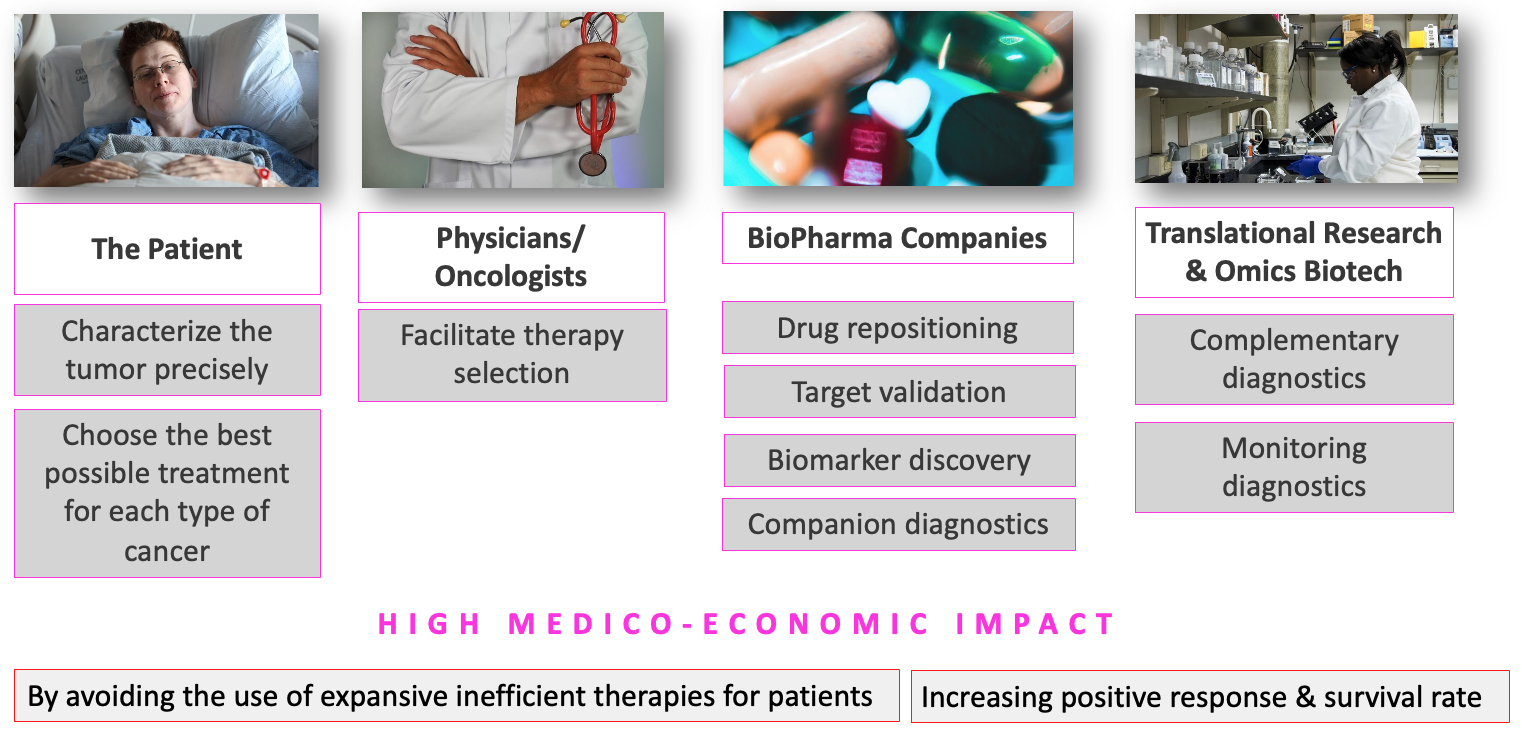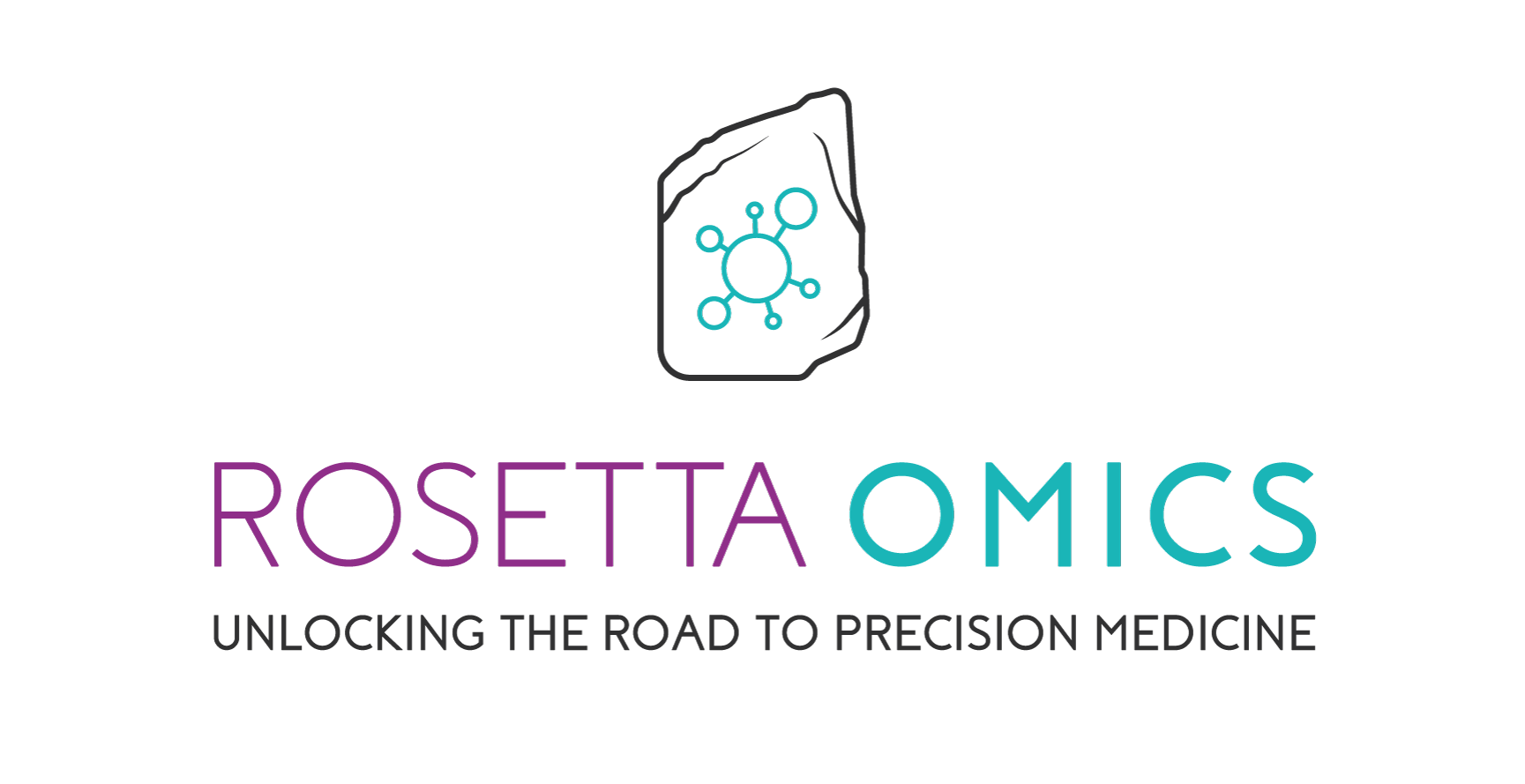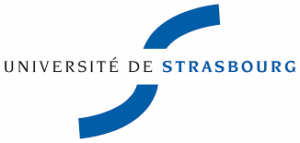
“Building Rosetta Omics: A Mission from the Heart”
Transforming personal loss into hope for millions of patients.
Genesis of Rosetta Omics
Why I Started This Journey?
Born from a Personal Loss

“My story begins with my father.”
He was diagnosed with liver cancer and passed away within a year. For the first time in my life, I felt utterly helpless as I watched him fight a disease I could not stop.
“He believed I could save him. Sadly, I could not. But his memory now fuels my determination to save others.”
That moment changed the course of my life — and gave birth to the vision behind Rosetta Omics.
— Dr. Wahid Awad, CEO & Founder
From Academia to Pharma Industry
A Career Shift for a Greater Cause
Only weeks after losing my father, I made a life-changing decision: I left my tenured academic role as an Assistant Professor at Cairo University and my post-doctoral position at a French research institute. I chose instead to dedicate my life to developing innovative therapies that could change outcomes for patients like him.
Over the next five years, I worked in C-level positions at Cilcare, a French-American biotech and R&D company, where I led drug and device development projects in collaboration with hundreds of companies, executives, researchers, and medical doctors worldwide.
This journey gave me not only deep scientific and industry expertise but also the global network and perspective needed to build a global healthcare company truly committed to delivering real impact.
Why Rosetta as a name?
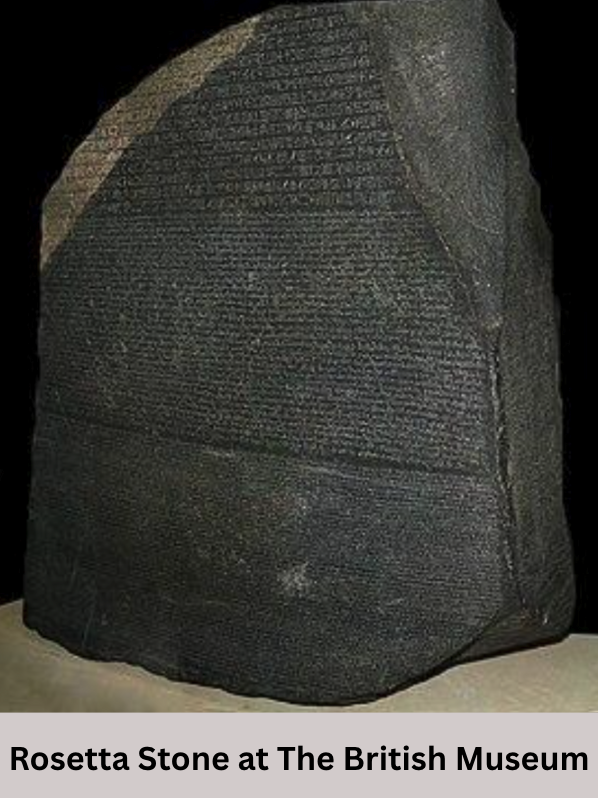
“When I was deciding on a name for the newly to be born startup company, I wanted a name that carries both personal meaning and a sense of purpose. I grew up just a few kilometers from Rosetta (Rashid – رشيد), a city in northern Egypt on the Nile Delta. It was there, in 1799, that a French soldier discovered the Rosetta Stone during Napoleon’s campaign.
That stone changed the course of history. Carved in 196 BC, it bore the same decree in three scripts: hieroglyphics, Demotic, and Ancient Greek. Centuries later, in 1822, it became the key that allowed Jean-François Champollion, father of Egyptology, fascinated by the mysteries of ancient Egypt, to finally decipher hieroglyphics and unlock the story of one of the world’s oldest civilizations.
I first saw the Rosetta Stone in person at the British Museum in May 2022, during my MBA coursework in London, just one month after I had begun working on our startup. Standing before it, I realized how powerful a metaphor it was for what we are trying to achieve.
That is exactly our mission at Rosetta Omics. Cancer writes its story in many biological languages, DNA, RNA, proteins, metabolites, lipids etched onto tumors like codes on a stone. On their own, these scripts are overwhelming. But with multiomics and artificial intelligence, we aim to be the Rosetta Stone that deciphers them, transforming complexity into clarity and mystery into knowledge.
For me, the name Rosetta is more than history. It is a reminder of where I come from and where I live, and is a symbol of the bridge we are building between science and hope for all humanity.”
— Dr. Wahid Awad, CEO & Founder
Learning & Growing
An Executive MBA to Strengthen the Mission
I embarked on the journey of building Rosetta Omics while pursuing an Executive MBA at ESCP Business School, one of the world’s leading programs. This 18-month experience became the foundation for the company’s official launch in 2023.
Studying across nine countries, I deepened my expertise in:
Leadership & Strategy
Innovation & Entrepreneurship
Financial Management
Healthcare Systems & Resources
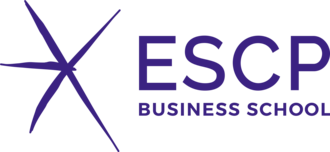
Rosetta Omics began as my MBA graduation project, supported by brilliant peers and professors who believed in the vision from day one and became the first to invest in the company.
Soon after, Kevin Adam shared that belief, moving from his role on the advisory board to join full-time as Co-Founder and Chief Scientific Officer.
Our Vision
The Future of Precision Medicine
We believe precision medicine is the future.
💡 “Our vision is to become the world leader in oncology precision medicine using multiomics profiling and AI.”
Every year, 20 million people are diagnosed with cancer. Our goal is to help as many of them as possible.
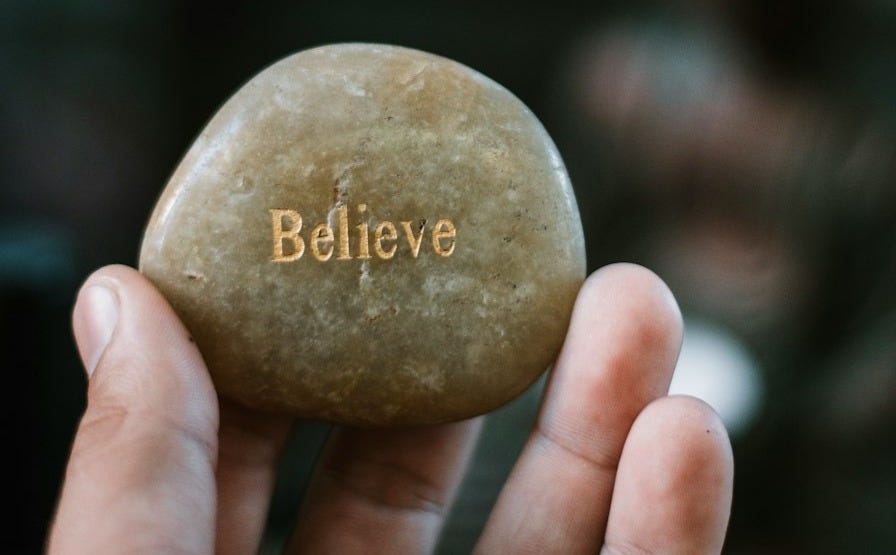
Our Mission in Action
How Rosetta Omics Supports It’s Multiple Stakeholders?
